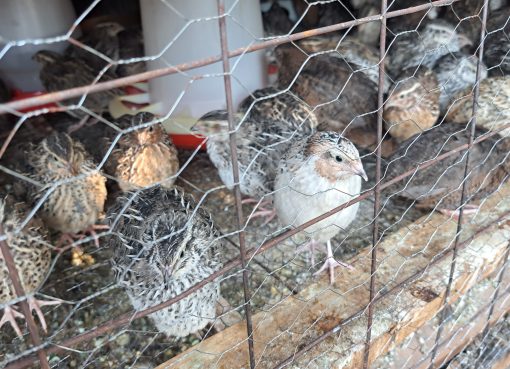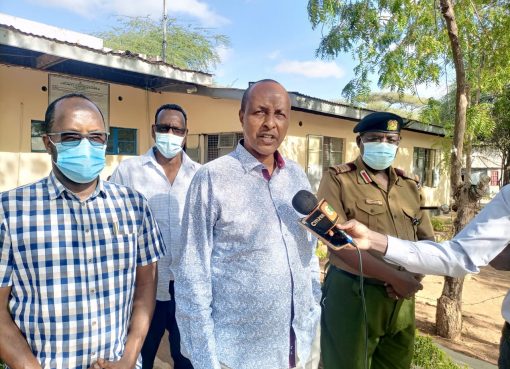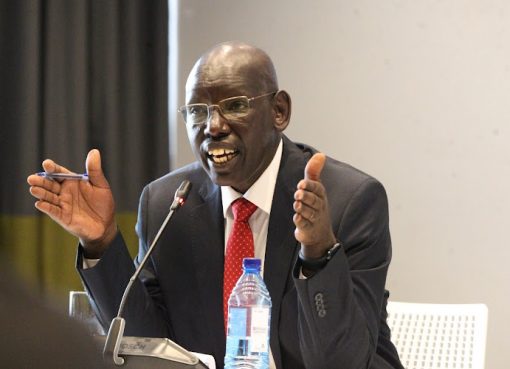Black Soldier Fly larvae has been incorporated as an alternative animal-based ingredient in local fish feed formulations following a successful four year study.
The study carried out by Kenya Marine and Fisheries Research Institute (KMFRI) in collaboration with the International Centre of Insect Physiology and Ecology (ICIPE) will see the larvae replace omena (fishmeal), which has been the main ingredient in fish diets in the country.
According to KMFRI Head of Aquaculture Division Dr Jonathan Munguti the development is expected to lower the cost of fish feed production in the country and encourage more farmers to venture into aquaculture.

Over reliance on omena as the main animal based ingredient in fish feed production, he said, had led to unethical practices where unscrupulous businessmen used sand and shells to produce feeds which they sell to unsuspecting farmers.
This, he said, has rendered the ingredient unreliable in fish feed production adding that the introduction of Black Soldier Fly larvae which contains over 45% of proteins will boost yields and promote growth of the sector to meet rising demand.
“Numerous tests in the past failed to provide an effective alternative to omena but the findings of this study have proven that black soldier fly larvae is the way to go,” he said.
In an interview with KNA on Thursday, Dr Munguti said reduced cost of fish feeds will lead to uptake of fish farming initiatives and contribute significantly to the food security pillar of the big four agenda.
Black Soldier Fly, he explained, thrives in a variety of substrates including cow dung, kitchen waste, brewers waste and chicken droppings, making it cheap to grow across the country.
He added that the study has revealed that Black Soldier Fly larvae can also be used as an ingredient in a variety of feeds for poultry, pig and dairy cows.

To promote the absorption of the new technology, KMFRI, an implementing partner of the World Bank funded Kenya Climate Smart Project (KCSAP) has embarked on training farmers on the use of Black Soldier Fly larvae to produce fish feeds.
KCSAP is currently running in 24 counties whose aim is to promote fish farming, increase fish production from the current 18,000 to 71,500 metric tonnes, and consumption levels from 4.5 kg to 10 kg per capita per year by 2022 through adoption of climate-smart aquaculture technologies, innovations and management practices.
“Aquaculture is a climate smart technology. And if well managed it remains lucrative regardless of the prevailing climatic patterns. You don’t need to campaign for farmers to embrace fish farming, you just need to demonstrate it’s a lucrative venture,” said Dr Munguti.
Despite the research breakthrough, Dr Munguti has called for continuous improvement in the fisheries sector for the country to realise her full potential in aquaculture.
Nutrition research scientists, he said, will continue to explore alternative sources of fish diet ingredients ranging from terrestrial plants, animal by-products, microalgae, insects; among others, to ensure feeds are affordable to farmers.
By Chris Mahandara





